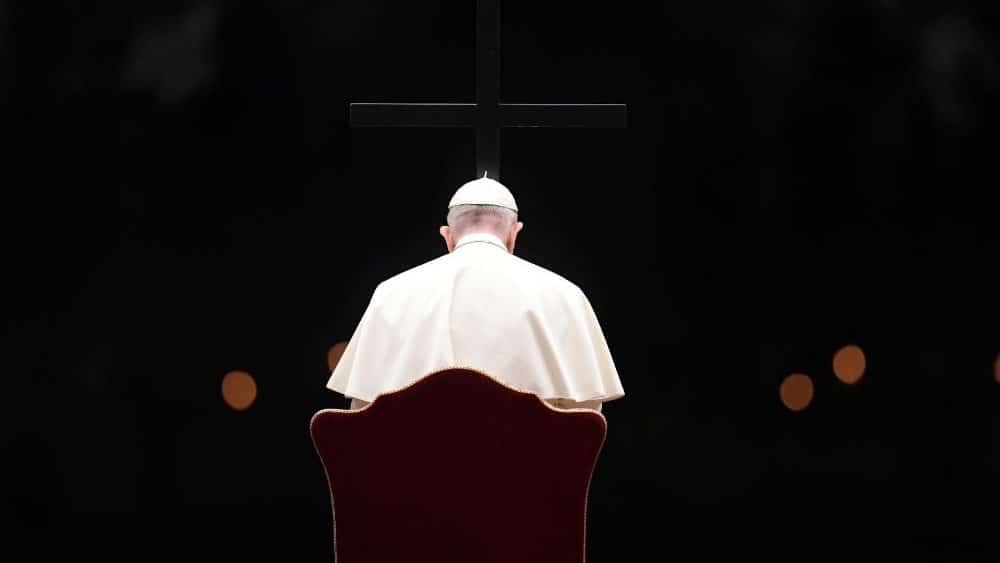Ubi Petrus, ibi Ecclesia, where Peter is, there is the Church: On the liturgical feast of the Chair of St. Peter, we share this interesting reflection of Rodrigo Guerra, secretary of the Pontifical Commission for Latin America, on fidelity to the Pope.
***
Today is the liturgical feast of the “Chair of St. Peter”. An uncomfortable holiday for those who spread suspicions against Pope Francis. Indeed, since the origins of the Catholic Church, there have been individuals and groups who have questioned the authority of the Successor of Peter. Very often the objections that are presented are of the type: “How is it possible that ‘this’ is Vicar of Christ?” “How is it possible for him to teach this if his predecessor said that?” Apparently innocuous, these questions call into question not only the Pope but Jesus himself who affirms: “You are Peter and on this stone, I will build my Church, and the powers of the abyss will not overcome it” (Mt 15:18). Ubi Petrus, ibi Ecclesia, where Peter is, there is the Church.
Today, a false affection for tradition is often invoked to criticize Pope Francis on all sorts of issues. This affection is precisely false, it is “pseudo-traditionalism” since it forgets that a constitutive dimension of the Catholic faith is deep fidelity to the Pope – whoever he may be. A quick way to deconstruct the pseudo-orthodoxy and pseudo-tradition of yesterday’s, today’s, and tomorrow’s detractors is to remind them of a small text written by someone little suspected of being “progressive” or “liberal”:
“When one loves the Pope, one does not stop to discuss what he advises or demands, to look for the extent to which the rigorous duty of obedience goes and to mark the limit of this obligation. When the Pope is loved, it is not objected that he has not spoken quite clearly, as if he were obliged to repeat directly, in the ear of each one, his will clearly explained so many times, not only by voice, but by letters and other public documents; his orders are not questioned, under the easy pretext of the one who does not want to obey, that they do not emanate directly from him, but from his surroundings; the field where he can and must exercise his will is not limited, it is not opposed to the authority of the Pope that of other people, however learned, who differ in opinion with the Pope.” (St. Pius X, Address to the Priests of the Apostolic Union, quoted in J. Maritain, Primacy of the Spiritual, Readers’ Club, Bs As 1982, p.p. 70-71.).
In this brief quote is not all theology about Peter’s ministry. However, there are some authoritative affirmations that can do good to my heart and my head when the temptation of self-referentiality surprises me and makes me think that I am smarter than the Holy Spirit himself. Omnes Petro ad Iesum per Mariam! Amen.










